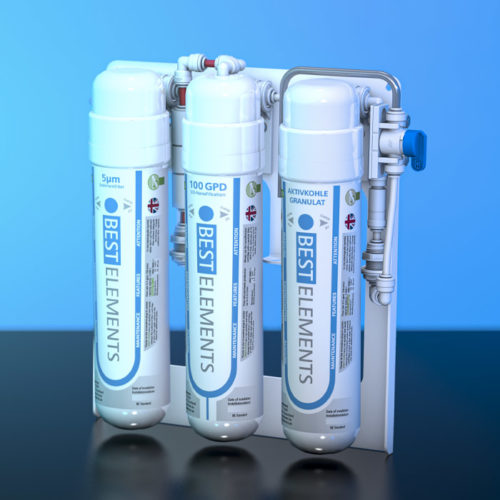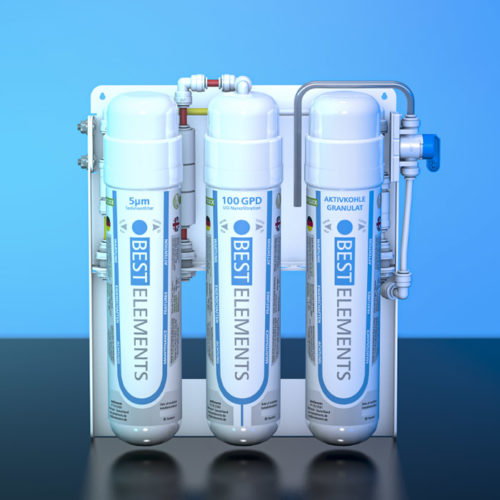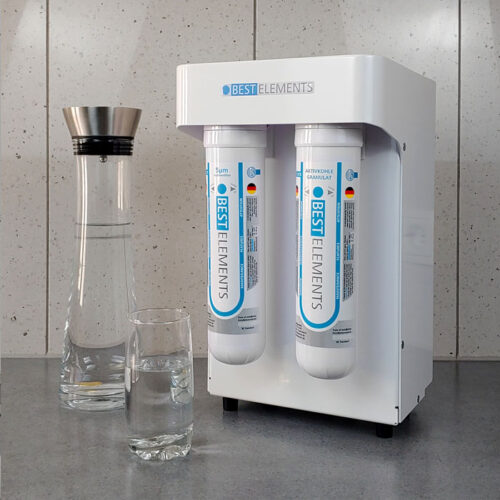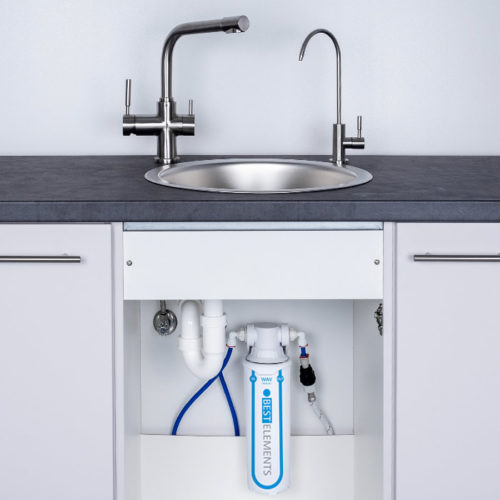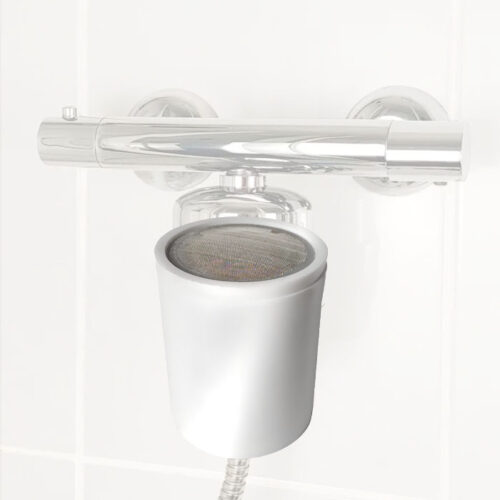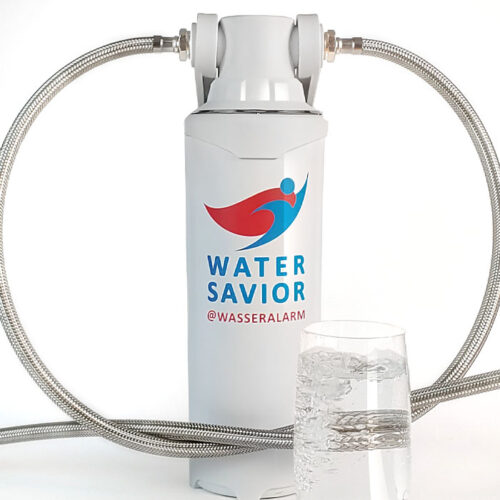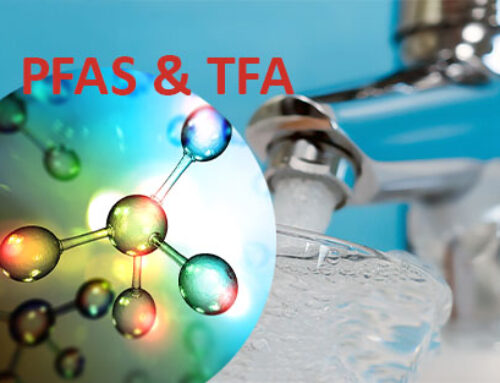PFAS – Tap water – Suspected cancer risk
A recent analysis by the German Federation for the Environment and Nature Conservation (BUND) found PFAS – per- and polyfluorinated alkyl substances, also known as “forever chemicals” – in almost all drinking water samples tested. These substances are extremely persistent, accumulate in the environment and the human body, and are suspected of causing liver and kidney damage as well as certain types of cancer. Although current legal limits were not exceeded, environmental experts warn that even low concentrations can be harmful over time. PFAS residues were detected in 42 out of 46 samples, showing how widespread these chemicals have become in Germany’s water systems.
Cities such as Ludwigslust and Güstrow in Mecklenburg-Western Pomerania and Zeuthen in Brandenburg were found to have levels already exceeding future legal thresholds that will apply from 2026 and 2028. The contamination is likely linked to past use of PFAS-containing firefighting foams. Higher values were also found in Berlin’s government district. However, since these were local and time-limited spot samples, they do not reflect the complete water situation of each city. The BUND is calling for stricter regulation and for the polluter-pays principle to be enforced so that water treatment costs are not passed on to consumers.
Consumers can protect themselves effectively: Modern water filtration systems, especially those using activated carbon block filters, reverse osmosis, or multi-stage purification, can significantly reduce PFAS concentrations in tap water. Additionally, choosing products labeled “PFAS-free,” “PFC-free,” or “fluorocarbon-free” and reducing the consumption of animal-based foods can help lower exposure through diet. Despite the findings, the BUND emphasizes that filtered tap water remains the most ecological and health-conscious choice compared to bottled mineral water.

